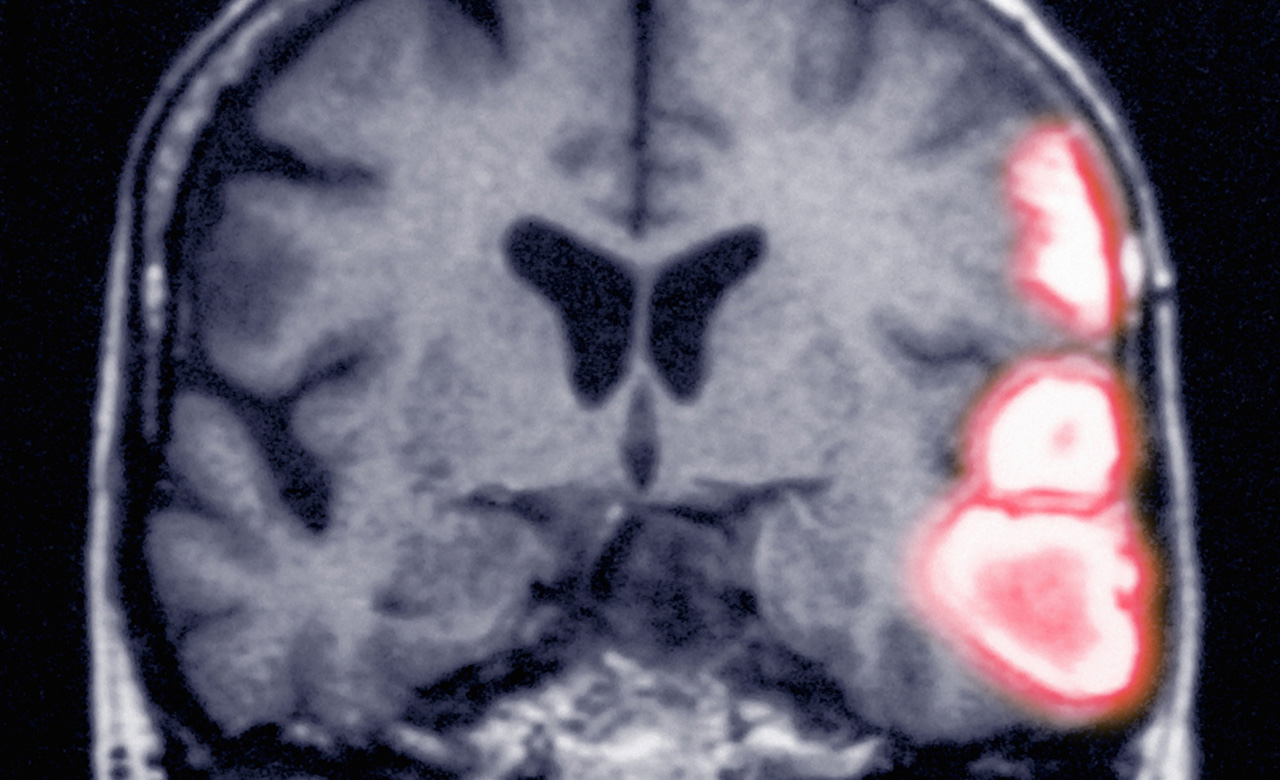Corey Diamond, PharmD
Cardiovascular disease (CVD) is a significant global health issue. The most recent statistics attribute it to over 18 million deaths worldwide. While statins continue to be the cornerstone therapy in CVD prevention by reducing cholesterol levels, concerns have arisen over the risk of intracranial hemorrhage (ICH) in patients receiving statin therapy. Findings from a December 7, 2022, study published in Neurology by Boe and colleagues found that statin use was associated with a lower risk of ICH, particularly with longer treatment durations.

Design and results
Boe and colleagues conducted a retrospective nested case-control registry analysis that included data from the Danish nationwide registries, which incorporated data from over 1.2 million patients in the South Denmark region. The authors included patients aged 55 or older who had a “first-ever” ICH event between 2009 and 2018.
About 1,000 statin users were identified with either a lobar or non-lobar ICH event and had their demographics matched with about 40,000 control subjects each. The authors used a conditional logistical regression analysis to adjust for potential confounders.
The analysis revealed that statin use was associated with an overall 17% and 16% relative reduction in odds of having a lobar and non-lobar ICH event, respectively. However, a subgroup analysis showed that the odds reduction relationship was only statistically significant in patients who had been taking statins for more than 5 years. Additionally, a dose response association could not be demonstrated, as the adjusted odds ratios were not observed to significantly change when stratifying the analysis by different statin dose intensities.
Significance and limitations
The current literature is unclear on the use of statins and the risk of ICH. Overall, studies have been mixed, with some suggesting an increased risk of ICH among statin users and others finding no association. A meta-analysis published in the Journal of Evidence-Based Medicine—also from December 2022—pooled data from 29 studies and found a lack of significant all cause bleeding and ICH events with statin use. However, the meta-analysis did find a small, but statistically significant increased risk of ICH among statin users with a history of prior stroke.
Several mechanisms have been proposed to explain the potential association between statin use and ICH. Statins have been shown to have anti-inflammatory and antithrombotic effects, which could lead to a decrease in the risk of stroke.
However, those positive effects could be a double-edged sword, leading to a weakening of the structural integrity of blood vessels. Deleterious downstream effects of statins, such as the formation of micro tears in vessel walls, have been theorized to increase the risk of hemorrhage. Curiously, this risk relationship has not yet been observed with more potent cholesterol lowering medications such as PCSK9 inhibitors.
The majority of patients who take statins do not experience ICH. In general, the risk of ICH may be higher in older individuals, those with a history of stroke or head injury, and those taking anticoagulant or antiplatelet medications.
“We found that lower ICH risk was restricted to patients receiving both statins and concurrent antihypertensive drugs. Conversely, in analyses of oral anticoagulant co-medications, only patients who were not concurrently on anticoagulants had a lower risk of ICH in association with statin use,” stated Boe and colleagues in their article. They go on to say that their positive results could have been biased by the stronger effects of antihypertensive use or lack of anticoagulant use. “Finally, our results may not be generalizable to other populations, as the Danish population is of mainly European ancestry,” they wrote.
Recommendations
Ultimately, further research is needed to determine whether the increased risk of ICH among statin users is truly due to the drugs or is a result of other factors.
The decision to hold statins should be made on a case-by-case basis. It is important for practitioners and pharmacists to help patients weigh the potential benefits and risks of statin use when making treatment decisions.
For some individuals, the benefits of statin therapy in reducing the risk of CVD may outweigh any potential increased risk of ICH. However, for others, the potential increased risk may be a concern, and alternative treatments may need to be considered. ■